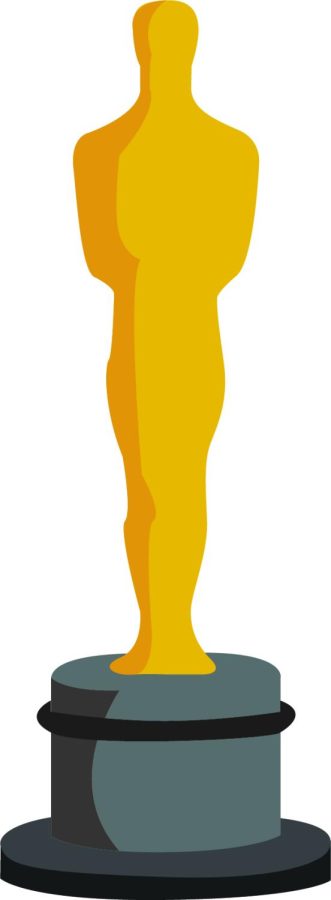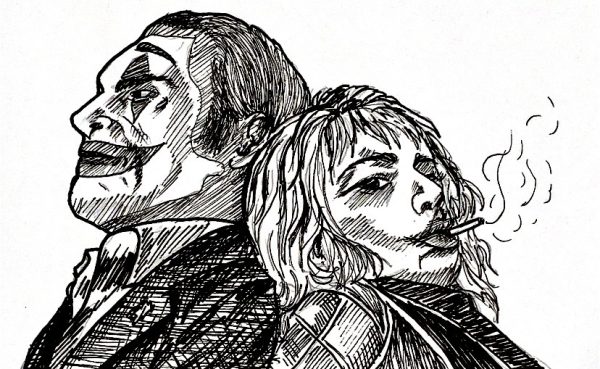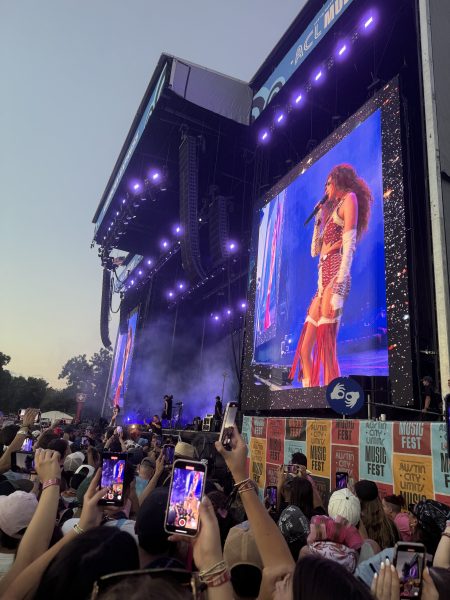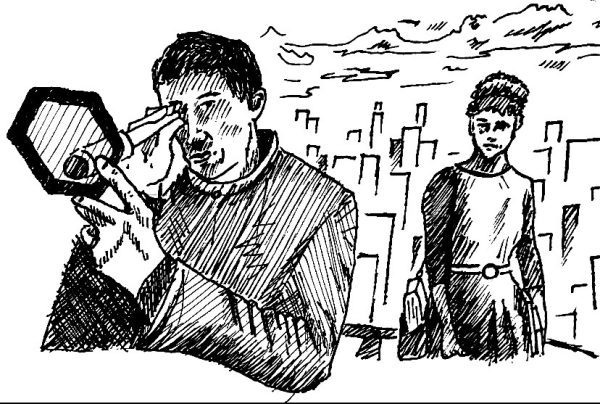Not all press is good press
The 2022 Oscars slap raised attention, but not in a good way
The infamous Will Smith slap put the 2022 Oscars back on the map for many people. The real question is: is that a good thing? Unfortunately, I think we already know the answer. As sensational and surprising as the slap was, it only drew horrified attention to a dumpster fire of an awards show that gets worse and worse every year. The Oscars were especially bad this year for multiple reasons.
First, let’s talk about the slap. Though it’s a controversial topic, it’s safe to say that reputations were damaged on both sides. Chris Rock, who came onstage to present the award for Best Documentary Feature, made a joke about Jada Pinkett Smith’s shaved head. Pinkett Smith in fact suffers from alopecia, an autoimmune disease that causes hair loss and currently has no cure. Whether or not Rock was aware of this, Pinkett Smith did not react well to the joke and was seen shaking her head at Rock. Though Will Smith initially laughed at the joke, he climbed on stage and slapped Rock just a few seconds later.
The Oscars’ minimal effort to restrain Smith did not reflect well on the ceremony, though the Academy stated that Smith had been asked to leave but refused. He was given a 10-year ban from the Oscars due to the incident, but many feel that he wasn’t punished nearly enough. The slap reflects an increasing degree of unprofessionalism within the Academy Awards that is only exacerbated by its attempts to stay relevant to the general public.
The show’s running time was cut from its typical four hours to three hours in an attempt to pander to the ever-shortening attention span of the TV audience, but the result was awkward and felt contrived. In the show’s attempt to slim down, eight award categories (documentary short, film editing, makeup and hairstyling, original score, production design, animated short, live-action short and sound) were cut from the live broadcast and instead pre-recorded and awkwardly edited to fit between the live segments. The acceptance speeches for each award were also cut down to fit the show’s running time. The chaos that resulted felt almost ironic, and to undermine the importance of such crucial background work was a slap in the face to underrepresented artists who are often overshadowed by actors in the industry.
In addition, a large majority of the time gained by cutting categories was filled by relatively unfunny stand-up from hosts Amy Schumer, Regina Hall and Wanda Sykes. While they weren’t the primary reason for the show’s awfulness, they were a wonderful example of the Academy Awards’ desperate attempt to stay relevant in an era of shortened attention spans. Off-topic skits, jokes at the actors’ expense and tedious references to current events were all fair game at this point. Unfortunately, none of that is particularly related to the main focus of the Academy Awards: to recognize and honor the biggest talents in the film industry.
There were some good moments. Hans Zimmer, an international film score superstar, won Best Original Film Score for “Dune” (his first win since “The Lion King” in 1994); unfortunately, the legendary moment was relegated to an edited version, since his category had been cut from the live list. Ariana DeBose was the first openly gay woman of color to win an Oscar: Best Supporting Actress for her role as Anita in West Side Story. She delivered a heartfelt and memorable speech that will stay with us for years to come. Rachel Zegler, the lead actress for West Side Story, wasn’t even invited to the Oscars until the public took to social media and put pressure on the Academy. CODA, an underdog film with a largely deaf cast, walked away with awards for Best Picture, Best Adapted Screenplay and Best Supporting Actor. Apple TV became the first streaming service in history to receive Best Picture at the Oscars.
Unfortunately, all of that was overshadowed by the slap, a brief, sensational moment that managed to raise the number of Oscar viewers by a whopping 555,000. That doesn’t change the fact that the show’s overall ratings were only slightly higher than 2021’s mid-pandemic all-time low. The slap brought the Oscars the attention it desperately needed, but no significant change in ratings. Unfortunately, this situation may not improve. Instead of a celebration of films and filmmakers, the 2022 Oscars were a simple popularity contest that chose to pander to its audience (read: its sponsors). The Oscars are no longer about the movies and actors they’re designed to honor, and until the Academy rethinks its goals and methods, nothing will change.

I’m Madison, and I report for the Arts and Entertainment section. I’m from Wichita Falls, Texas, and I’m a sophomore majoring in Communications with...







